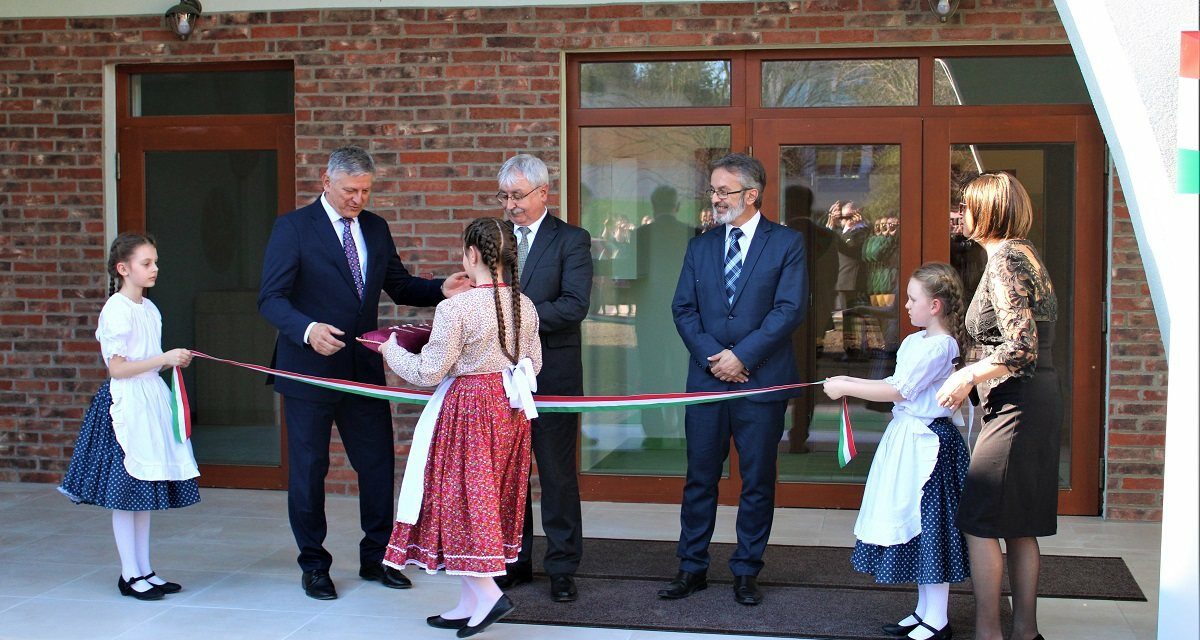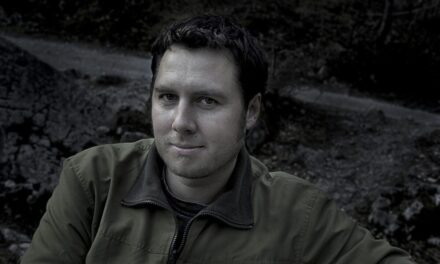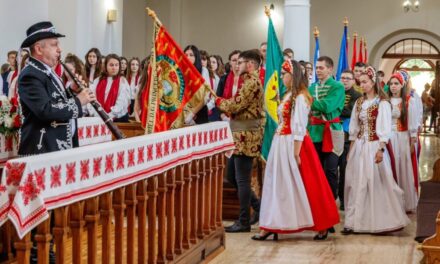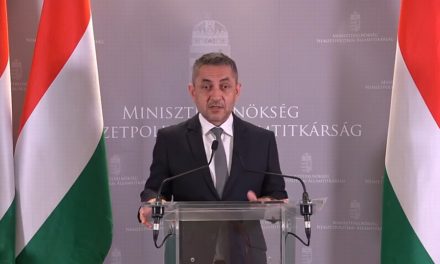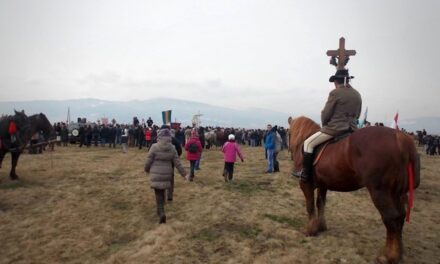István Grezsa: after the painful 20th century, we are working to make it worthwhile to be Hungarian in the 21st century.
Within the framework of the Carpathian Basin kindergarten development program, buildings were handed over in the two settlements in the Léva district during this week. The educational institution maintained by the local Reformed parish was able to move into a beautiful new building, a new educational institution was established under the name of Léván Forrás Református Bölcőde.
István Grezsa, the government commissioner responsible for coordinating the kindergarten development program, spoke to Felvidék.ma about the developments aimed at strengthening and preserving the Hungarian communities in Felvidék, their course and future plans.
"We have twelve years to count when we talk about the fact that the Budapest government always takes into account the interests of Hungarians across the border when making decisions. After the painful 20th century, we are working to make it worthwhile to be Hungarian in the 21st century"
- began the government commissioner's information to Felvidék.ma.
As he added, the kindergarten development program, the school bus network, which is also popular in the Highlands, as well as the economic developments, were developed in accordance with the above approach. "The Hungarian living space serves to strengthen the economic and cultural presence," he added.
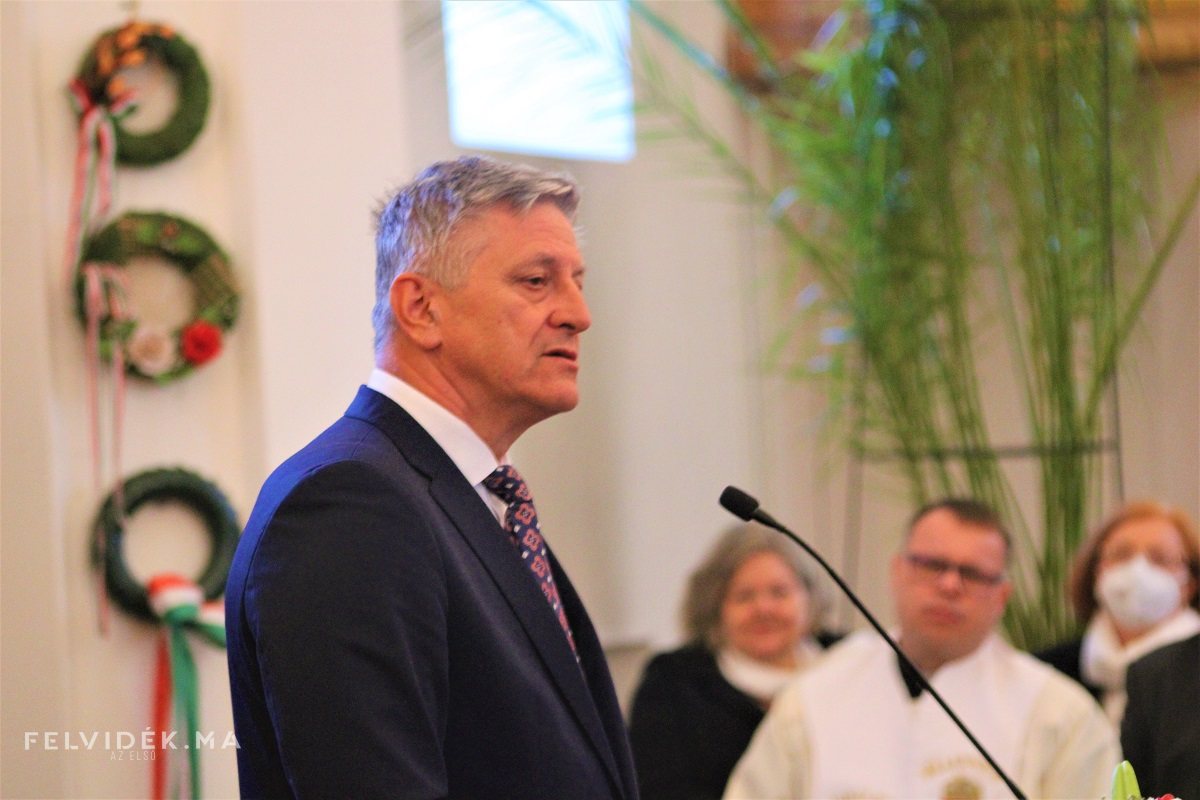
Source: velvidek.ma/Péter Pásztor
The majority nation also enjoys the benefits of economic development. As he indicated: the Hungarian nation must overcome old grievances, offering peace to our neighbors.
Regarding the kindergarten development program in the Carpathian Basin, István Grezsa explained:
in recent years, the program's funding requirements exceeded HUF 61 billion, 17.6 billion of which went to the Highlands. Compared to its proportions, a slightly larger sum of money arrived in our region.
"The highlands are the place where the mixing of identities is the most characteristic within the Carpathian basin, there are great reserve capacities in terms of self-identity here. The Hungarians of the highlands can certainly count on the fact that the motherland will provide the opportunity for support through the national policy, which the communities here have to live with," he explained.
As he noted: the development of the institutional framework is the key to survival. In the past decade, mainly cultural support came from the mother country to the Hungarian communities abroad. More than a decade ago, they took another step in Hungarian self-development. The person as a resource came into focus - stated the government commissioner.
"In terms of human resources development, Hungarians can move forward, and this is what our national unification efforts serve. Cross-border support results in an increase in economic resources," stressed István Grezsa.
Source: aelvidek.ma
Featured image: felvidek.ma/Péter Pásztor

